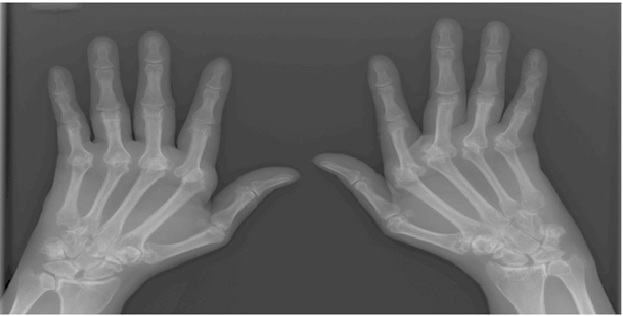Rheumatic Diseases :

A rheumatic disease affects the joints and connective tissues. Arthritis, gout, and ankylosing spondylitis are just three of the more than 100 types of rheumatic diseases.Rheumatic diseases affect your joints and muscles. Your treatment plan will likely include medications, regular exercise, a healthy diet, stress management, and rest.
More than 100 diseases are classified as rheumatic diseases, including many types of arthritis. Arthritic conditions are distinguished by red, swollen joints and inflamed connective tissues such as cartilage, synovial tissue, and tendons.Otherrheumatic diseases are considered autoimmune diseases, meaning that the body’s own immune system is turning on parts of the body.
“Rheumatic diseases wind up involving the joints,” says Dr. Sangita Bajaj, Chief Homeopath, Vaishnavi Clinic (Nigdi). “That can be plain old wear-and-tear arthritis, joint problems caused by infection, autoimmune disorders, or crystal diseases, such as gout.”
The term rheumatic comes from the Greek root “rheuma,” explains Dr.Sangita, “which means flux, but it’s come to mean ‘related to the joint.” By some estimates, 46 million people in the India are living with rheumatic diseases, which are the most common causes of reduced mobility.
Patients with rheumatic syndromes often seek alternative therapies, with homeopathy being one of the most frequent. Homeopathy is one of the most frequently used complementary therapies worldwide.
Dr. Sangita Bajaj, at Vaishnavi Clinic, Nigdi, Pune is an expert Homeopath, Acupuncturist and Naturopath and has expert knowledge and a great deal of expertise in treating Rheumatoid Disorders.
